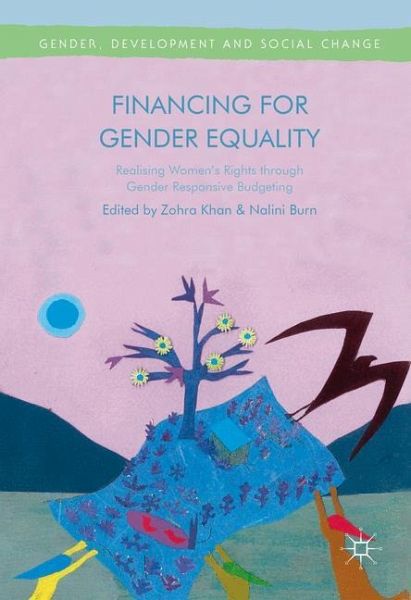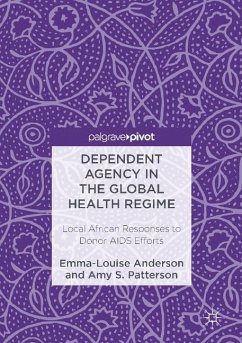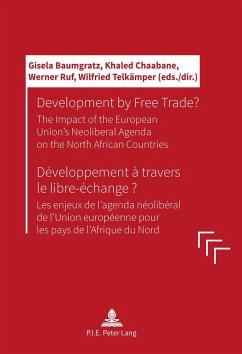
Financing for Gender Equality
Realising Women's Rights through Gender Responsive Budgeting
Herausgegeben: Khan, Zohra; Burn, Nalini

PAYBACK Punkte
51 °P sammeln!
This collection of essays addresses the glaring gap between policy commitments and actual investments in gender equality, ranging across sectors and focusing on development aid, peace-building and climate funds. Casting a spotlight on the application of gender-responsive budgeting in public budgetary policies, systems and processes, the contributions to this volume explore the chequered trajectories of these efforts in Africa, the Asia-Pacific, Latin America and Andalucía. Critiquing systems of finance, from adherence to neo-liberal macroeconomic fundamentals which prioritise fiscal austerity...
This collection of essays addresses the glaring gap between policy commitments and actual investments in gender equality, ranging across sectors and focusing on development aid, peace-building and climate funds. Casting a spotlight on the application of gender-responsive budgeting in public budgetary policies, systems and processes, the contributions to this volume explore the chequered trajectories of these efforts in Africa, the Asia-Pacific, Latin America and Andalucía. Critiquing systems of finance, from adherence to neo-liberal macroeconomic fundamentals which prioritise fiscal austerity, the book makes a compelling case for reframing and re-prioritizing budgets to comply with human rights standards, with a particular view to realizing women's rights. The authors highlight the paltry funding for women's rights organizations and movements and examine the prospects for making financing gender responsive. The specific policy, strategy and technical recommendations and the connections across silos which articulate the authors' suggested operational levers will appeal to researchers, practitioners, students, policymakers, gender equality and human rights activists alike.














